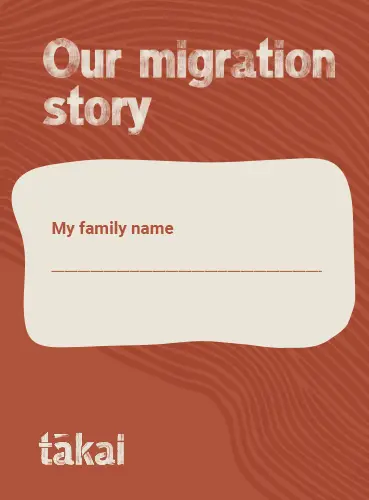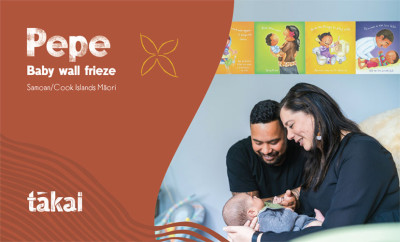
Play – Pacific style
Learning more about the play experiences of Pacific parents helps us recognise the many everyday ways that their children can enjoy and benefit from play. Play is also a great way to encourage learning more about Pacific culture and languages.
For Pacific parents, their experience of play might seem quite different from the way we talk about play in an Aotearoa context. This provides a great opportunity to bring Pacific parents’ play experiences and ideas into our conversations and acknowledge these as beneficial for their children, and great ways to encourage play!
Play is about being together
Individualised play or playing alone as a child isn’t what many Pacific people experienced. There were always siblings, cousins and neighbours who were involved in the play too. This means thinking about games that are inclusive and can support a variety of ages and abilities. These might include:
- singing together
- rhymes, chants and hand clapping games
- ball games – kilikiti (like cricket), lape (like softball), volleyball and touch rugby
- card games like snap or memory
- knuckle bones or dominoes which have a variety of creative play possibilities.
Play is about being outside
It’s easy to see that Pacific experiences of play have been influenced by the warm Pacific weather, but being outdoors is always a great place to play and explore. Some easy ideas for finding play outside might include:
- climbing trees
- visiting the local park or playground
- heading outside to share food – in the garden, park, beach or river
- getting a ball out
- playing chasing games like tag.
Play that supports household tasks
Housework and gardening are important parts of family life and can sometimes get in the way of play. It can be helpful to combine play with these daily tasks. This is a great way to make them fun and teach children how they can support the household and family. Some ideas might include:
- pulling weeds or planting and singing together
- cooking and sharing stories about family and memories
- sewing and counting or reciting the alphabet – practising Pacific language.
Play that encourages Pacific language and culture
Sometimes it can feel like we need to ‘teach’ children about their culture, values and language, but they pick this up from the modelling they see from their parents, family and community members, perhaps as part of church. Play supports culture and language too. Here are some ideas to try:
- playing Pacific music, singing and practising traditional dancing
- sharing stories about family and childhood memories and migration story
- singing alphabet and counting songs in Pacific languages
- reading or looking at books or photographs
- sewing together or weaving or learning some of these skills from elders, friends or online videos
- going fishing, eating and talking about traditional food.













